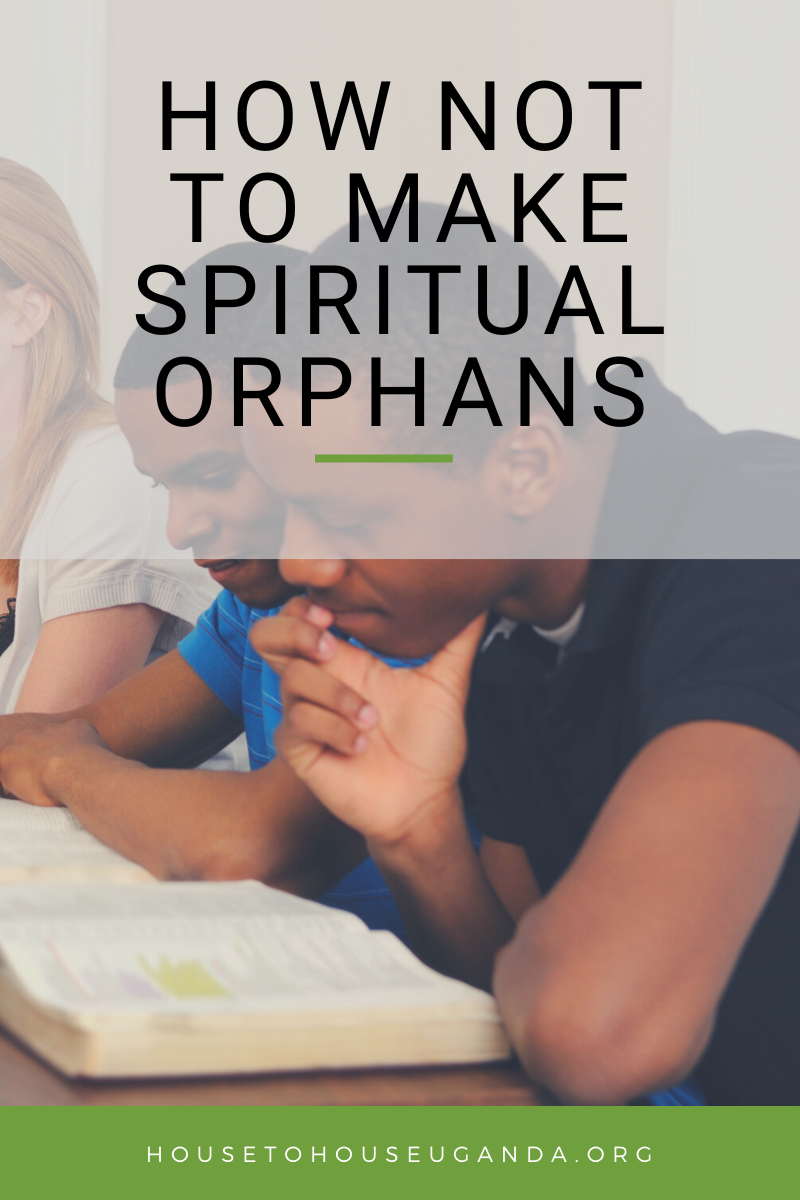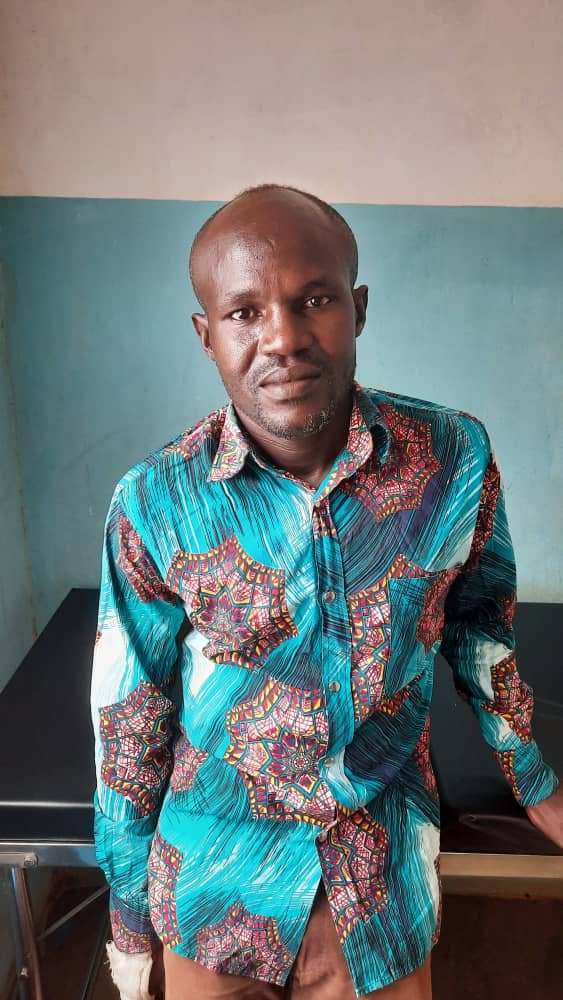Consider this question: How is a long-lasting, discipleship community created? If you have had the privilege to be a part of such a community, what did that look like for you? If you haven’t had a chance to check out the vlog below of Colleen and Stella’s chat, please do before reading on. It’s fantastic perspective of what community typically looks like here in Uganda.
Those of you who are reading this are most likely coming from different nations, backgrounds and cultures. Our own cultures deeply affect our perspective of community, what it looks like, and how it flourishes. However, thinking about community and discipleship, perhaps we can also be challenged by looking at what makes other communities flourish, and how we can carry those into our own?
One of the best pieces of advice we received from another missionary living here Arua when we arrived was, “Embrace the interruptions.” Coming from a western culture in the US but now living in Uganda, it was a challenge for us to step into a culture with more of a “door is always open” perspective. We wanted to guard our time, having only scheduled visits. However, the longer we lived and invested in our community, the beauty that occurred as we embraced these interruptions. When we left our door open, we found that people were feeling more relaxed as they came to visit. As a result, we are making room for deepened relationships and greater discipleship opportunities.
In our community in Arua, we are always welcomed on our way somewhere to a handshake, invitation to a cup of tea, or even a meal. Relationship and time together is highly valued. Fellowship often happens sitting together at home, with limited to no time restraints. How contradictory, especially to those from cultures that have a more “on-the-go” mentality. While there are times and places for this, if the goal is to build a community of discipleship, we must look at what others around us value and what will create community spaces.
Stella said, “Preaching the gospel starts in community.” Of course, we know that the Word of God is what transforms hearts and lives. But it most cases, it can’t come in isolation. When a person is sharing their life’s highs and lows with someone else, and walking the day-to-day together, it creates depth and richness. They are not walking something alone anymore. They are walking with a brother or sister who cares about their heart and can encourage them in the journey. Then, when the Word of God is part of this relationship, it’s grounded in Him, not people. There’s an amazing opportunity to witness the Holy Spirit at work, doing what only He can do. Within our community, we can rest in His goodness in hard times, seek Him together, and celebrate when He moves. This is where discipleship enters community.
So, what does that look like for you? Does this type of community described seem familiar to you? Or, as you read this, did you long for this same type of community? If it’s not something present in your life, what is one small step you could take in that direction to create it? Maybe it’s inviting someone over for a cup of coffee and a chat. Maybe it’s intentionally stopping and talking to people in your neighborhood when you go out on a walk. Maybe it’s bigger, like perhaps attempting to start a fellowship in your workplace or with your neighbors.
How can you preach the gospel through your community?

















